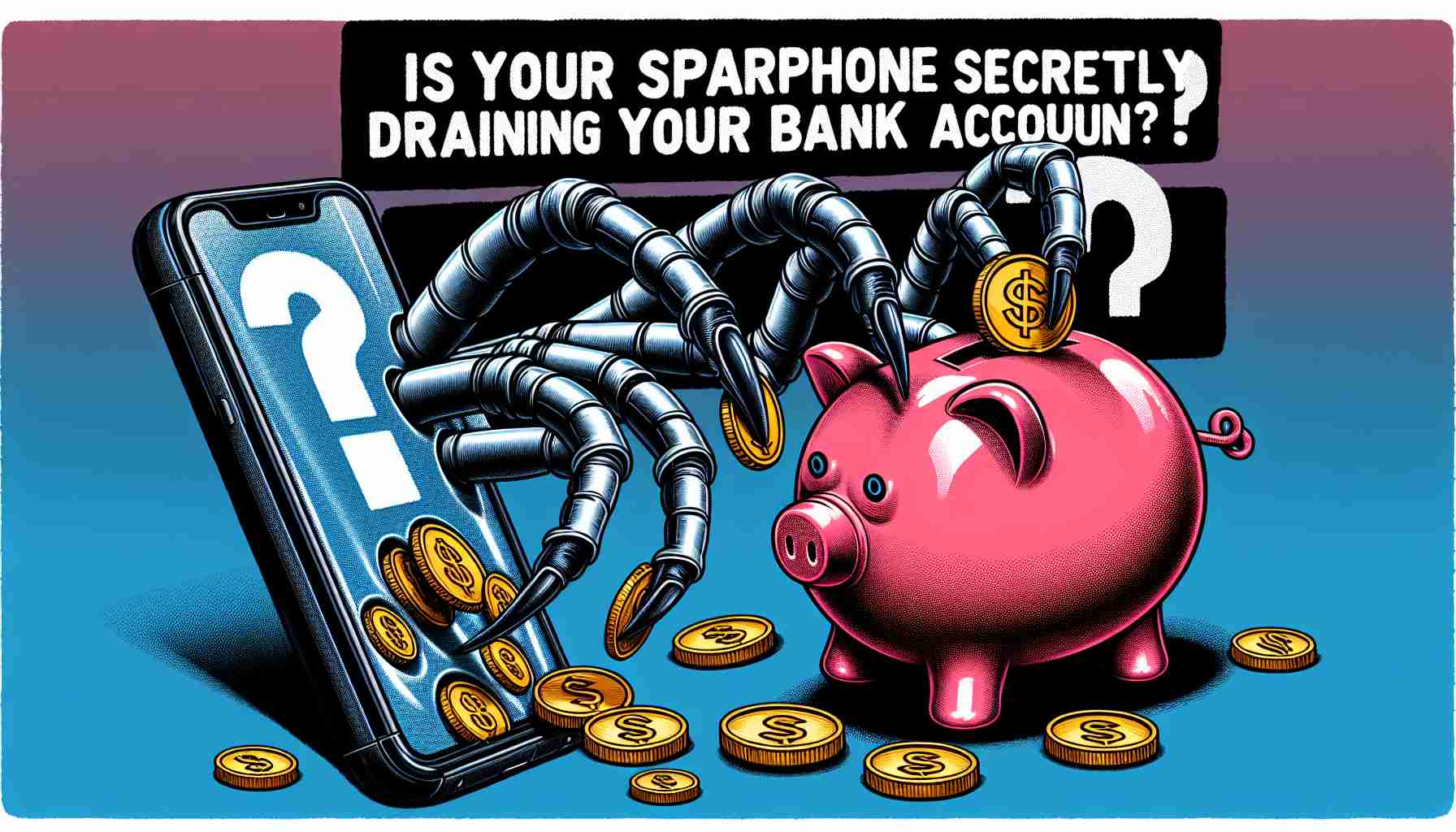
In an alarming trend in November 2024, two women fell victim to a cunning scam that cost them nearly 65,000 lei. The Fălticeni and Suceava police departments are on high alert after two separate incidents were reported, both involving fraudulent banking activities executed through mobile applications.
In the peaceful commune of Rădășeni, a woman was tricked out of 42,750 lei after a man posing as a bank representative convinced her to update her financial records. Believing she was safeguarding her past investments, she followed his instructions blindly. He persuaded her to install “BIZ DAEMON,” an app that he assured would help manage her dividends. However, once installed, the app gave the scammer complete access to her phone, allowing him to drain her account instead.
Simultaneously, a similar incident unfolded in Suceava. A woman, thinking she was updating her contact for stock dividends, was led down a dangerous path by another imposter. Over a lengthy call, she was guided to install questionable software, only to discover later that 21,145 lei had been stolen from her account.
Both cases have prompted police investigations into computer fraud and illegal system access. These incidents reflect a growing sophistication in cybercrime tactics, especially targeting smartphone users.
With the spike in online fraud, authorities are urging residents to exercise extreme caution. Cyberattacks, often lurking behind seemingly innocent apps or messages, can result in devastating financial losses. As technology evolves, so do the methods of those looking to exploit it, making vigilance more crucial than ever.
Fraud Alert: How Mobile Banking Scams are Changing the Security Landscape
In recent months, the rise of mobile banking scams has fundamentally altered how individuals, communities, and even entire nations approach cybersecurity. These scams, typified by the instances in Fălticeni and Suceava, highlight the growing threat posed by cybercriminals who exploit technological advancements to perpetrate fraud.
The Impact on Personal and Community Safety
The shift to mobile technology for banking and financial operations has brought immense convenience for users, but it has also opened up new avenues for cybercriminals. In small communities like Rădășeni, where trust often runs high, the psychological impact on victims extends beyond financial loss. Many feel violated and fearful, a sentiment that ripples through the community, fostering distrust towards technological solutions designed to ease daily life.
Interesting Facts and Controversies
A striking fact is the rapid adaptation of methods by scammers. Applications like “BIZ DAEMON” are designed with sophisticated technology that camouflages as legitimate financial tools. This raises questions about app store vetting processes and the responsibilities tech giants hold in safeguarding consumers against fraud.
Another controversy arises from the communication strategies employed by scammers. By posing as bank representatives, they exploit the very trust and authority these institutions represent. This poses a critical challenge for financial institutions: How can they maintain customer trust while acknowledging vulnerabilities in their communication channels?
Advantages and Disadvantages of Mobile Banking
Despite the risks, mobile banking’s advantages are undeniable. It offers unmatched convenience, allowing users to manage accounts, pay bills, and conduct transactions from anywhere. Additionally, it reduces the need for physical bank branches, lowering operational costs for banks and broadening financial access.
However, the disadvantages lie in the heightened risk of cyberattacks. Many users lack awareness or the technical literacy necessary to recognize fraudulent activities. Furthermore, as technology advances, the methods of scamming also evolve, often outpacing the security measures set by mobile application developers.
Questions Arising from Current Trends
Q: How can individuals protect themselves from falling victim to these scams?
A: Awareness is the first line of defense. Users should be educated on the risks of downloading unfamiliar apps and should never share sensitive information over the phone. Employing two-factor authentication and regularly monitoring bank statements can also serve as proactive measures.
Q: Should banks be held responsible for losses due to scams?
A: This is a contentious issue. While banks cannot control user behavior, they do have a duty to provide secure systems and educate customers. Some argue for policies where banks compensate victims, pushing them to enhance security measures.
For more insights on protecting yourself from cyber crimes, visit USA.gov or explore resources at INTERPOL.
As we navigate the conveniences and vulnerabilities of the digital age, it’s clear that individuals, institutions, and governments must collaborate to safeguard against the pervasive threat of cyber fraud. Recognizing these threats and taking action is crucial not only for protecting personal finances but also for maintaining the integrity and stability of entire communities in the face of digital danger.
